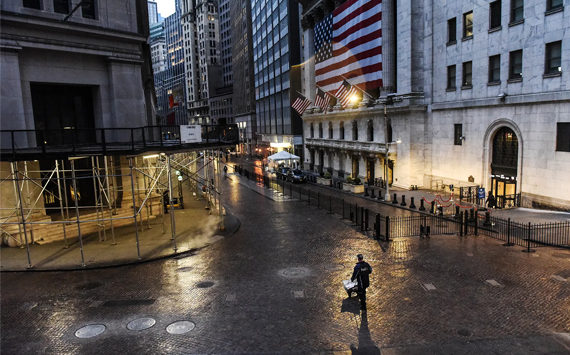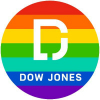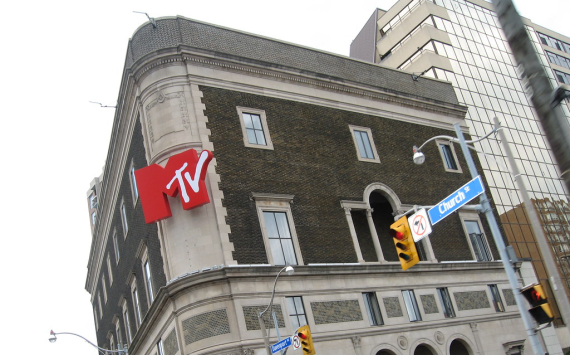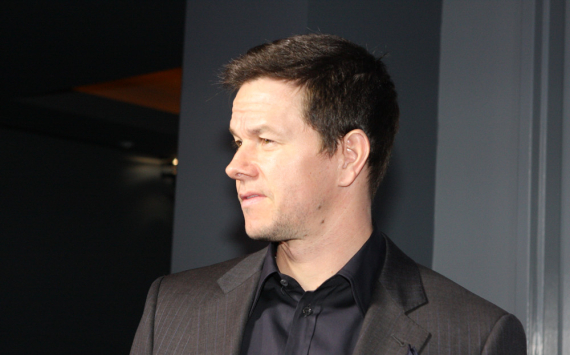
US indices fall
Technology stocks declined on Wednesday and the preceding days, while stocks in the financial, industrial and other sectors, which could rise after a pandemic, increased.
Major US stock indices fell sharply on Wednesday, continuing last week's decline:
- The broad S&P 500 index closed down 1.31% on Wednesday, extending its weekly decline to -2.7%;
- The tech-heavy Nasdaq Composite fell 2.7%, losing 4.4% for the week;
- Dow Jones was down 0.39% and down 2.16% over the past week.
The market fall was led by declines in shares of major technology companies such as Apple (AAPL), Amazon (AMZN), Microsoft (MSFT) and Alphabet (GOOG, GOOGL), down 2.5% and higher. Netflix (NFLX) shares were down almost 5% at the close of trading on Wednesday.
Analysts attributed this to a continued strong rise in 10-year Treasury bond yields. After rising to a high of 1.6% last week, their yield reached a high of 1.49% during Wednesday but closed lower.
This increase in bond yields is causing investors to worry about valuations in equities and rising inflation. Higher bond yields could hit tech stocks especially hard, as they rely on borrowing for faster growth.
At the same time, shares of financial, industrial and energy companies, as well as those that will benefit most from the end of the pandemic, rose on Wednesday. Their rise was based on US President Joe Biden's announcement on Tuesday that by the end of May the country would have enough stockpiles of vaccines against the coronavirus to vaccinate every adult, which would be two months ahead of schedule. The introduction of the vaccine is seen as a key factor in getting Americans back to work and recovering the economy. Shares in American Airlines (AAL) surged 3.4% on Wednesday, while cruise lines Carnival (CCL) and Norwegian Cruise Line (NCLH) jumped 3.9% and 6.3% respectively. The S&P 500 financial and industrial sector indices reached daily record highs.
Federal Reserve (Fed) officials noted that the US economic recovery has continued at a moderate pace since the beginning of this year. Corporate spending is rising and housing demand is "robust", but the labour market is still showing slow improvement.

















































